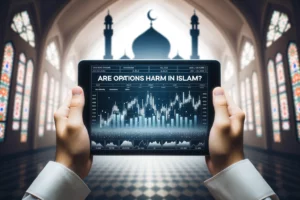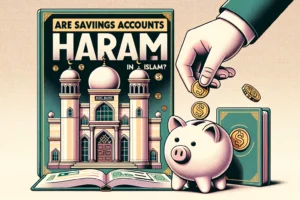Is Forex Trading Halal or Haram in Islam?
In the dynamic world of finance, Forex trading stands as a beacon of opportunity. However, within the Islamic community, a fundamental question persists: Is Forex trading halal or haram? Let’s navigate this intricate landscape, deciphering the ethical underpinnings and unraveling the truth.
Understanding Forex Trading
Forex, short for Foreign Exchange, involves the trading of global currencies. Traders speculate on currency pairs, hoping to profit from the fluctuations in exchange rates. It’s a bustling marketplace where fortunes are made and lost in the blink of an eye.
The Ethical Quandary
The debate within Islam arises due to the concept of riba (usury or interest). Islamic finance principles strictly prohibit any transactions involving usury. In Forex trading, the presence of interest, or swap, can occur when trades are held overnight, which conflicts with Islamic teachings.
Islamic Finance Principles
Islamic finance adheres to ethical guidelines outlined in Sharia law. Profit-sharing and risk-sharing are encouraged, while speculative practices and excessive uncertainty (gharar) are discouraged. Applying these principles to Forex trading becomes a matter of careful consideration.
The Halal Perspective
Some scholars argue that Forex trading is not inherently haram. They assert that as long as trades are conducted without involving overnight interest (swap-free accounts) and excessive speculation, it can be deemed halal. In essence, it aligns with the principles of fair trade and avoids unethical practices.
The Haram Argument
Conversely, opponents deem Forex trading as haram due to its speculative nature and the potential for significant financial losses. They argue that it falls into the realm of gambling, which is unequivocally prohibited in Islam.
The Role of Intention
Intention (niyyah) plays a pivotal role. If a trader approaches Forex with a genuine intention of investment, avoiding interest and excessive risk, some scholars are inclined to be lenient. However, if the intention is purely speculative, it raises ethical concerns.
Conclusion: A Personal Choice
In the end, the halal or haram status of Forex trading in Islam is not a one-size-fits-all answer. It’s a nuanced matter, heavily dependent on individual interpretations, intentions, and adherence to Islamic finance principles. Muslims engaged in or considering Forex trading should seek guidance from knowledgeable scholars and make informed decisions aligned with their beliefs


